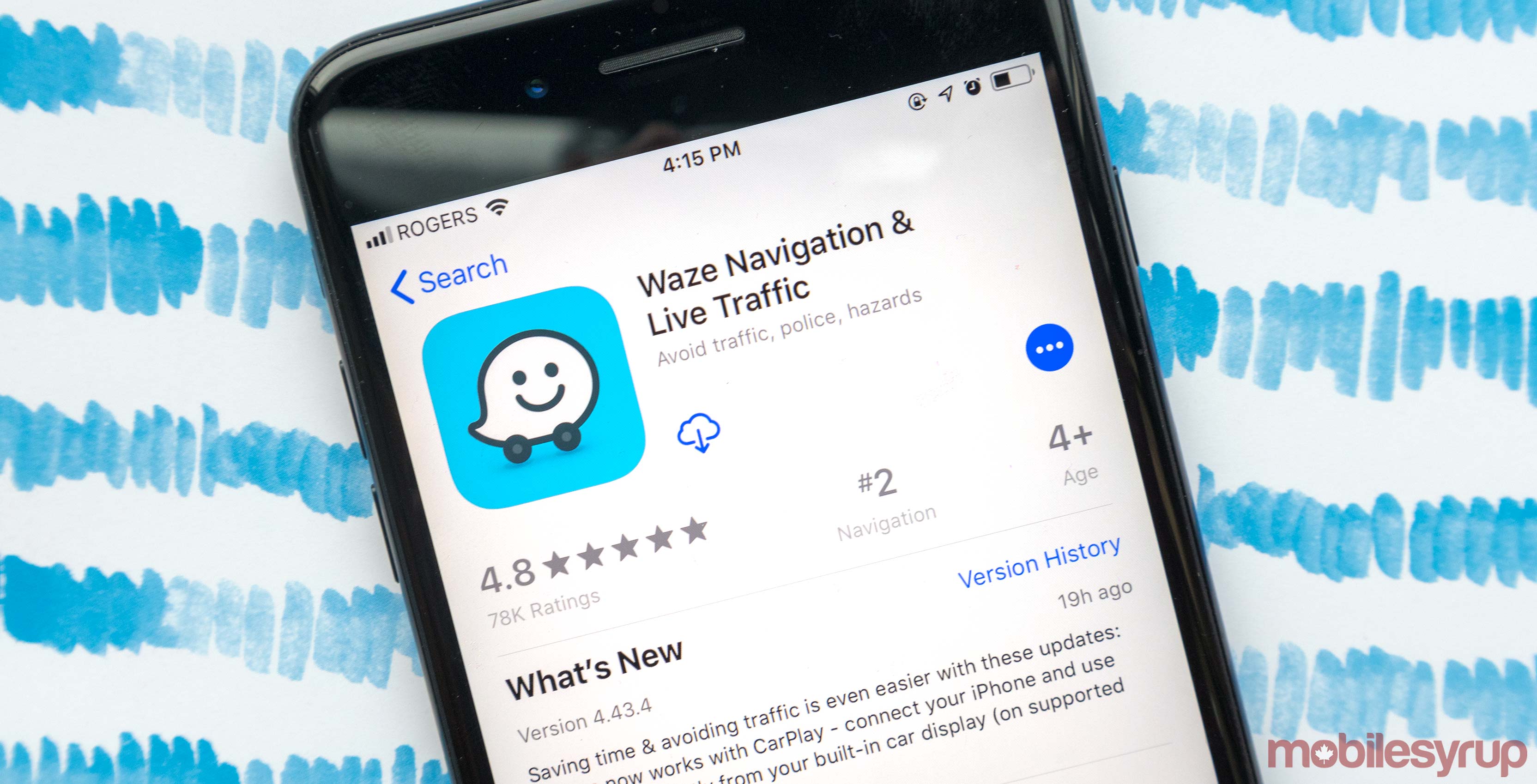
Waze has revealed that Canadian users are driving 41 percent fewer kilometres since the COVID-19 pandemic began.
The company revealed that Waze users in Toronto are driving 70 percent fewer kilometres since the city declared a state of emergency on March 23rd.
The biggest drop in kilometres driven is seen in Montreal, where there has been a 77 percent decrease since March 27th, which is when the city declared a state of emergency. Vancouver saw a 70 percent decrease, while Calgary saw a 60 percent drop in kilometres travelled since the cities declared a state of emergency.
In terms of a global perspective, Waze users altogether are driving 60 percent fewer miles when compared to the start of COVID-19 pandemic.
The company has released anonymized data that can help cities better understand COVID-19 traffic and congestion trends in their area, which is similar to what Apple recently did with its Maps mobility data.
Waze notes that although there has been an overall decrease in traffic, some essential trips still need to be made, which is why it is rolling out new ways to help its users.
The platform is ensuring that maps stay up-to-date with road closures, red zones, and more so that drivers can make their trips safely. Waze’s map editors are currently working on region-specific relief efforts.
Further, Waze is inviting public agencies to share information through its COVID-19 landing page. The website is designed to allow local governments to get the information residents need onto the Waze map.
Waze has also rolled out support for drive-throughs and curbside pickup to help provide its users with minimal contact access to its partners products, such as food and other essentials, while remaining compliant with social distancing guidelines.
Image credit: Waze
Source: Waze
MobileSyrup may earn a commission from purchases made via our links, which helps fund the journalism we provide free on our website. These links do not influence our editorial content. Support us here.



